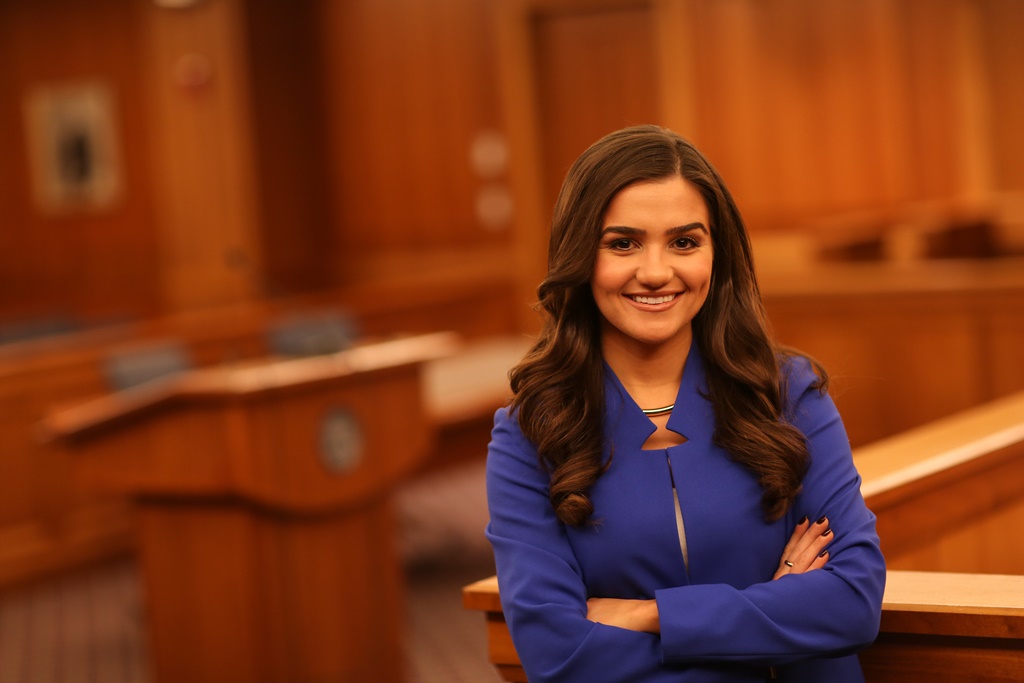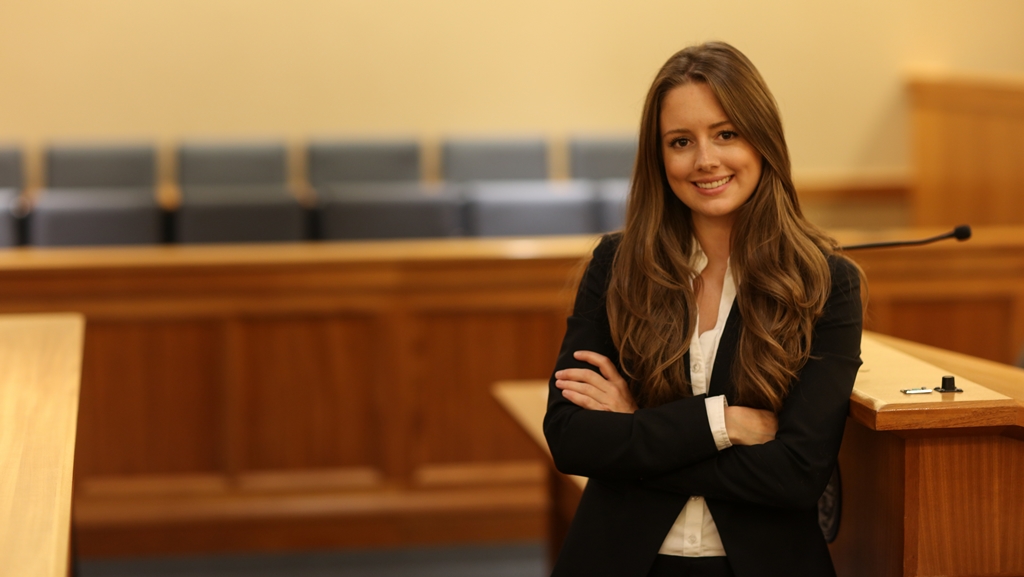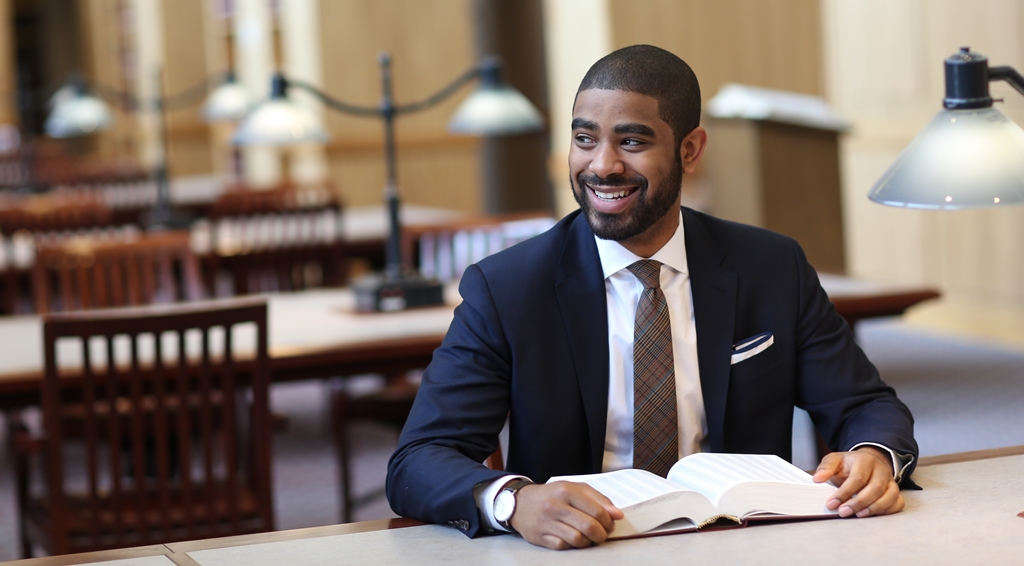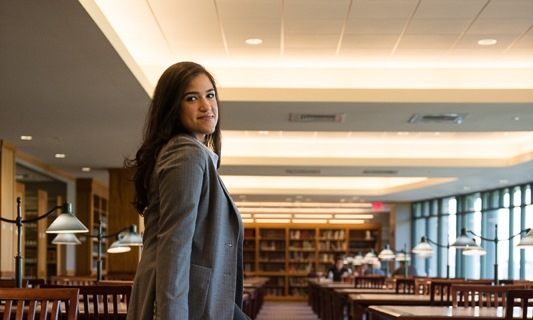By Eve J. Brown
Director, Suffolk Law IP and Entrepreneurship Clinic
I’m often asked by people considering law school what law students can do in the Intellectual Property Entrepreneurship Clinic. “Who are our clients?” “What kind of cases can I handle before I pass the bar?” And probably most appropriately, “Will I learn what it means to be an IP lawyer?”
In answer, here are my Top 5 Things to Know about our Intellectual Property Entrepreneurship Clinic at Suffolk:
(1) What It Is The Suffolk University Law School Intellectual Property & Entrepreneurship Clinic (“IPEC”) offers pro bono legal services to those who create and innovate. Each year, eight students in their final year of law school enroll in the clinic and work at least 15 hours per week on real client matters. With eight students, we can handle about 25-40 cases each year. I meet with each student individually once a week to talk about each case and provide one-on-one training. We also meet as a group every week to talk about cases, share best practices and discuss ethical issues that arise, reflect on what we’re learning, and discuss practical lawyering skills.
(2) Clients Students counsel real clients on an extensive range of IP and related business issues. Some of the clients of the clinic include:
- Artists, authors, designers and musicians who want to protect their creative efforts
- Innovators who seek to protect their inventions
- Entrepreneurs, established corporations and nonprofit organizations with trademark, trade secret, trade dress, contracting and licensing needs
- Individuals and businesses hoping to acquire or assign intellectual property rights
(3) Student Tasks Our clinic students take primary responsibility for all client matters, under my supervision (under state law, all student attorneys must be supervised by a licensed attorneys). In addition to responsibilities like interviewing clients and legal research, students can expect to gain hands-on experience in:
- Mediating disputes
- Drafting transactional and litigation documents
- Interacting with the U.S. Copyright Office, the U.S. Patent and Trademark Office, and the Trademark Trial and Appeal Board
- Counseling clients on strategies for identifying and safeguarding protectable information
- Registering copyrights and trademarks
- Negotiating licenses
- Drafting nondisclosure agreements
- Prosecuting and defending infringement claims
- Representing clients in trademark opposition and cancellation proceedings
- Incorporating and advising start-ups
(4) Maintaining Case Files Clinic students are required to maintain case files for all cases and projects just like lawyers in the real world. Students learn to organize and maintain both electronic and hard copy files, and to keep track of overlapping dockets and deadlines.
(5) Becoming Uniquely Marketable Clinic students get practical, hands-on experience that makes them more competitive in the legal marketplace. This is especially important because intellectual assets are increasingly vital to promoting innovation and creativity. Particularly in Boston, where many of our graduates practice, innovation-based clients such as start-ups and small ventures represent a substantial percentage of available work.
For more information about Suffolk Law’s Intellectual Property and Entrepreneurship Clinic, visit www.suffolk.edu/law/ipec.












Follow Us